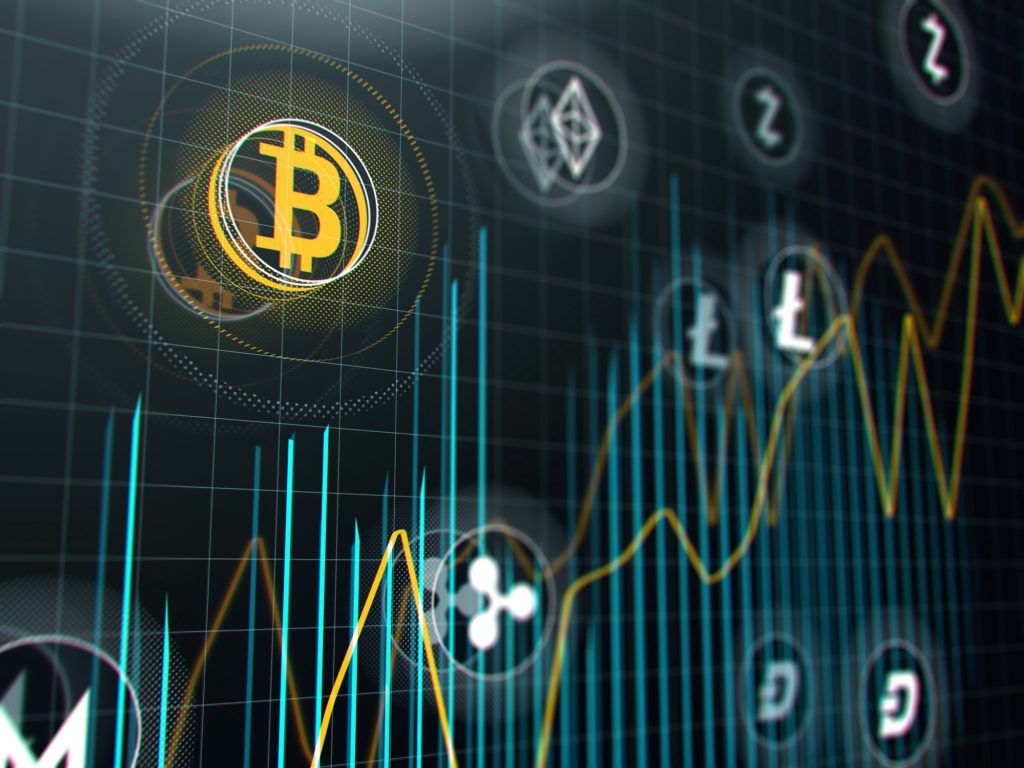
The rush of exchange tokens
Unlike stocks, token exchanges are not regulated. Therefore, as they increasingly act like stocks, regardless of how promising their potential value may be, their regulatory uncertainty only increases.
Hxro isn't the only token exchange this year. FTX's FTX token has risen 157% since January 30, while OKEx's OKB and Binance's BNB have gained around 1% each. Both Hxro and FTX token outperformed bitcoin, which is the # 890 cryptocurrency. 69 by market capitalization, approximately XNUMX% and XNUMX%, respectively.
It could be argued that some centralized token exchanges have become a better investment than bitcoin, which rose above $ 14.000 this week; what they get for tokens is different than what they would get for buying a regular cryptocurrency. Similar to the frequent flyer programs offered by airlines, token exchanges, in theory, were launched to provide their owners with some perks.
For example, some of them allow holders to receive discounts on trading fees. If people use token exchanges in the same way they use airline miles programs, there is no reason to invest in these tokens any more than to buy miles.
A threat to future regulation?
Regulatory uncertainty remains a threat. Regulatory concerns are definitely an issue because, being so similar to stocks under US law, token exchanges have a whole host of SEC regulations to consider.
Exchanges, not to be confused with automated trading software such as Bitcoin Revolution, are already starting to feel some tension due to a recent crackdown on crypto derivatives trading around the world. In early October, the US Commodity Futures Trading Commission (CFTC) and federal prosecutors accused the derivatives exchange giant BitMEX of favoring unregulated trading and other violations, while in the UK, the Financial Conduct Authority (FCA) has banned derivatives trading for retail traders.
OKEx, the second largest crypto derivatives exchange, suspended withdrawals indefinitely last month after saying that one of the exchange's key holders lost contact with the exchange because it is "currently partnering with a public security office for some investigations. " The native token of the OKB exchange lost nearly 30% of its market value the day after the news broke.
